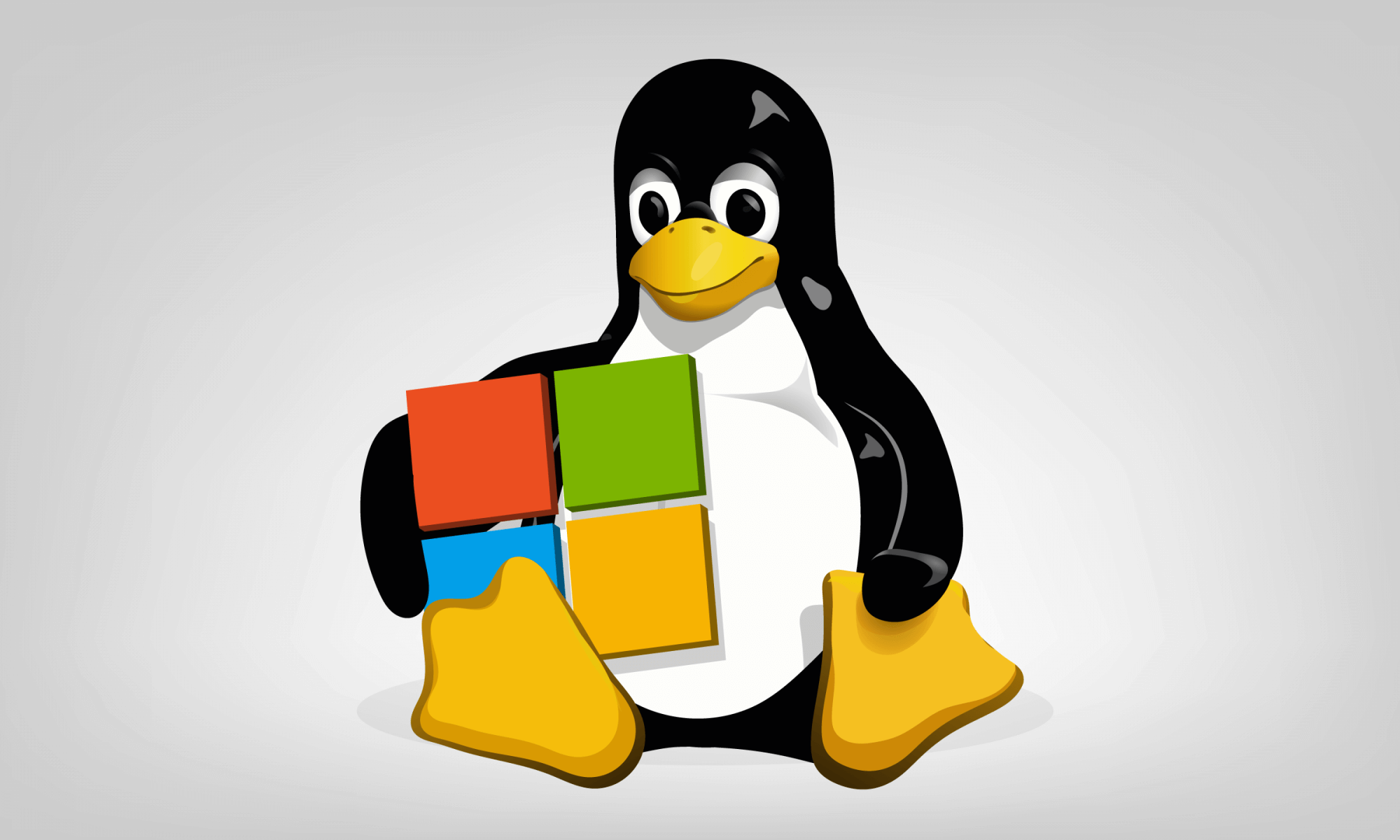In context: Microsoft has seen a big transformation under Satya Nadella, from a company culture and strategy where "Linux is cancer," to one that's increasingly embracing Linux and open source. The company is now looking to add its own contributions and strengthen Linux, which means it wants to be on the same level as a distro provider that can get early access to security vulnerabilities.

Microsoft’s relationship with the Linux community wasn’t exactly rosy under Ballmer, who is notorious for having hated Linux with a passion. Satya Nadella has been working to change that, and the company is a high-paying, platinum member of the Linux Foundation, a move that has been treated with skepticism by the community, given its anti-establishment inclinations.
In a new move, the company is looking to join the linux-distros and oss-security mailing lists, which are used by representatives from Linux distributions as a private channel where they can report and coordinate on security issues – which one depending on the severity and whether they’ve been disclosed to the public.
The application was made by Sasha Levin, and if approved would allow the Redmond giant to be part of private discussions on vulnerabilities and ongoing security issues. One of the criteria for membership is to have a Unix-like distro that makes use of open source components, and Levin mentioned Windows Subsystem for Linux 2 and Azure Sphere, which are still in public preview and slated for general availability in 2020.
Levin, who is an active contributor to the Linux Kernel, also noted that Microsoft’s Linux builds are not based on other distributions from members such as Ubuntu, Debian, Suse, Red Hat and Chrome OS, and that Greg Kroah-Hartman from the Linux Foundation can vouch for him.
In the context of a world where everything from tiny embedded devices to servers seems to run some form of Linux at its core, Microsoft has made the right choice of embracing it as an integral part of its strategy to remain relevant in the industry.
https://www.techspot.com/news/80722-microsoft-seeking-join-linux-private-security-board.html